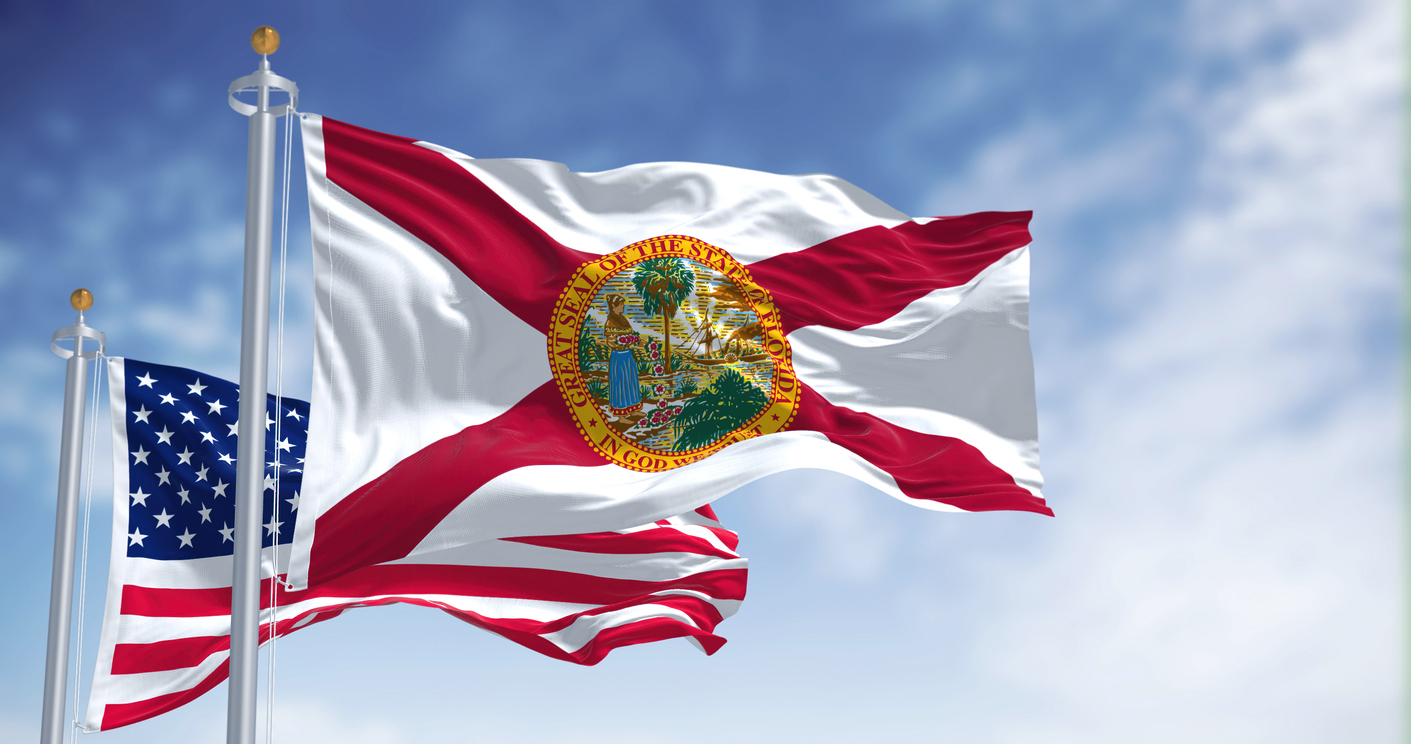What PR pros need to know about Florida’s law about minors using social media
It’s all but certain to be challenged in court, but find out what’s happening now.

In late March, Florida Gov. Ron DeSantis signed into law the country’s most restrictive bill round the use of social media by young minors.
“Social media harms children in a variety of ways,” DeSantis said in a press release announcing the bill’s signing. “HB 3 gives parents a greater ability to protect their children.”
The law comes at a time when social media companies are facing greater scrutiny about their impacts on children. While DeSantis is a Republican, U.S. Surgeon General Dr. Vivek Murthy, who was appointed by President Joe Biden, agrees with the overall sentiment.
“Children are exposed to harmful content on social media, ranging from violent and sexual content, to bullying and harassment,” Murthy said in a 2023 statement. “And for too many children, social media use is compromising their sleep and valuable in-person time with family and friends.”
But banning minors entirely from social media is likely to have some impact on social media professionals — including those who act in ethical, responsible ways to reach this audience.
Here’s what the Florida law means and what could be next.
What the law says
The law requires social media platforms (which by the law’s definition are as of yet unnamed but defined by features such as infinite scrolling) to terminate the accounts of any Florida-resident users under the age of 14, or which the network “categorizes as belonging to an account holder who is likely younger than 14 years of age for purposes of targeting content or advertising.” People under 14 will no longer be able to sign up for new accounts. There is no way for parents to override this provision — kids 13 or younger simply can’t be on the platforms.
It’s worth noting that most social platforms, including TikTok, Snapchat and Instagram, all have set 13 as the minimum age of use. Granted, kids don’t always follow this rule, and there are currently few methods for enforcing it.
According to the law, minors aged 14-15 may sign up for social media accounts if they have parental approval. Those over 16 may use social media freely.
Age is to be verified with third-party systems.
The penalties for “knowingly or recklessly” violating the law include $50,000 payable to the Florida Department of Legal Affairs and up to $10,000 to the minor claimant.
A lawsuit challenging the ban is all but inevitable. But barring legal maneuverings, the law is set to go into effect on Jan. 1, 2025.
What it means for PR pros
Anton Perreau, president and managing director of Battenhall United States and Canada, is skeptical the law will have its intended effect.
“I don’t think the audience will disappear overnight. I think that the audience maybe on paper will disappear,” Perreau told PR Daily.
Because as long as we’ve been giving children rules or laws, after all, they’ve been finding creative ways around it.
But more practically for public relations practitioners and social media marketers, Perreau thinks the attention will shift to teens’ parents, just as it does for younger children — which comes with its own ethical risks.
“It’s concerning because it just means that the world of social media marketing towards somebody who might be technically not able to use an app … just becomes a lot more weird and shady,” Perreau said.
What could happen next
First, expect those legal challenges to come in fast and furious. While nothing has yet been filed, even the bill’s authors are ready for the lawsuits to stack up. It’s likely injunctions could delay the implementation of the bill long past January, or that courts could prevent it from ever taking effect.
But you can also expect other states to closely watch the court battles — and potentially follow Florida’s lead. A similar bill has been introduced in neighboring Georgia; other states like Utah have implemented laws that offer more protections for children on social media without going so far as to outright ban minors. This patchwork of laws could create a confusing regulatory landscape for social media companies that will require sophisticated geofencing and age verification to enforce — much of which could be thwarted with a simple VPN.
Perreau says the most important next step for social media marketers is to be ready.
“Only act on changing your strategy if something actually happens, because there’s going to be more of these,” he said. “Other states are going to take the bait; other states are going to use it as a political platform. Wait until a law is passed and see if you will need to change your tact. But keep an eye on the news because there’ll be more of it.”
Allison Carter is editor-in-chief of PR Daily. Follow her on Twitter or LinkedIn.







